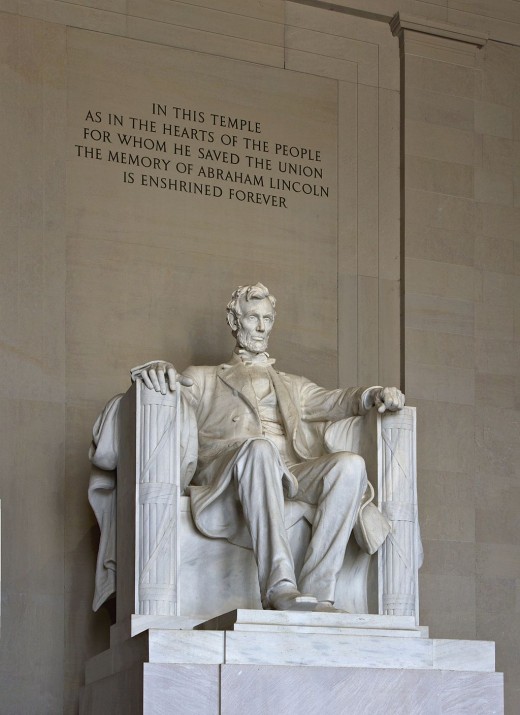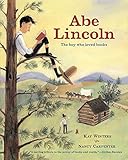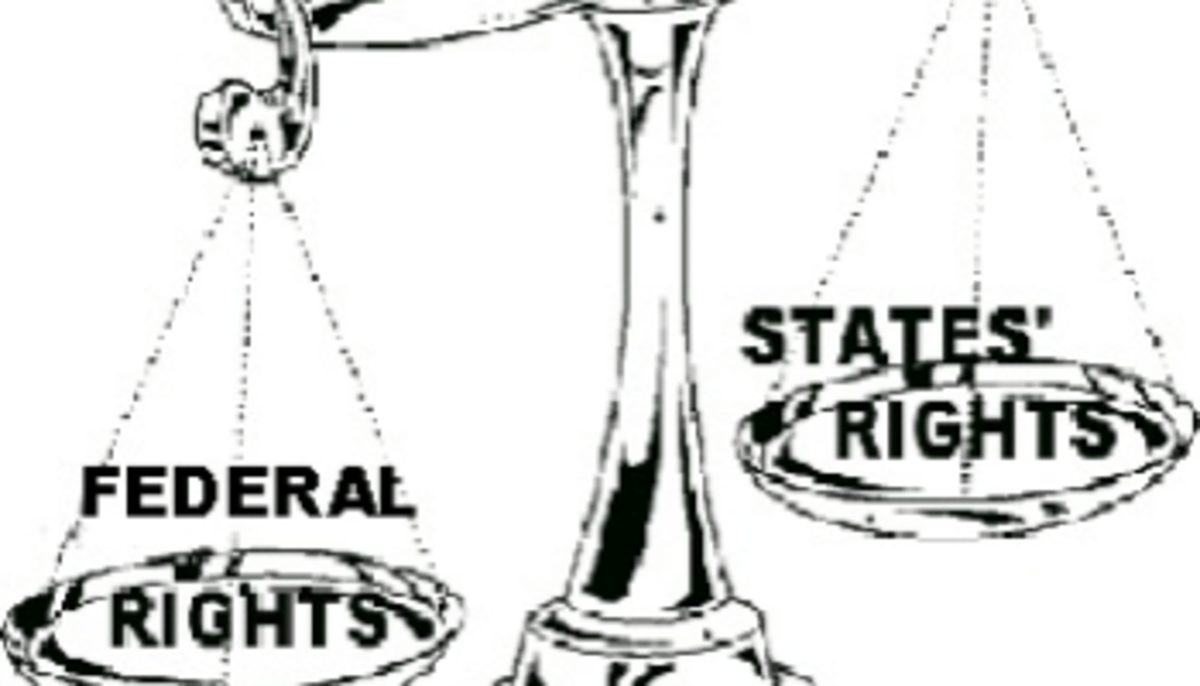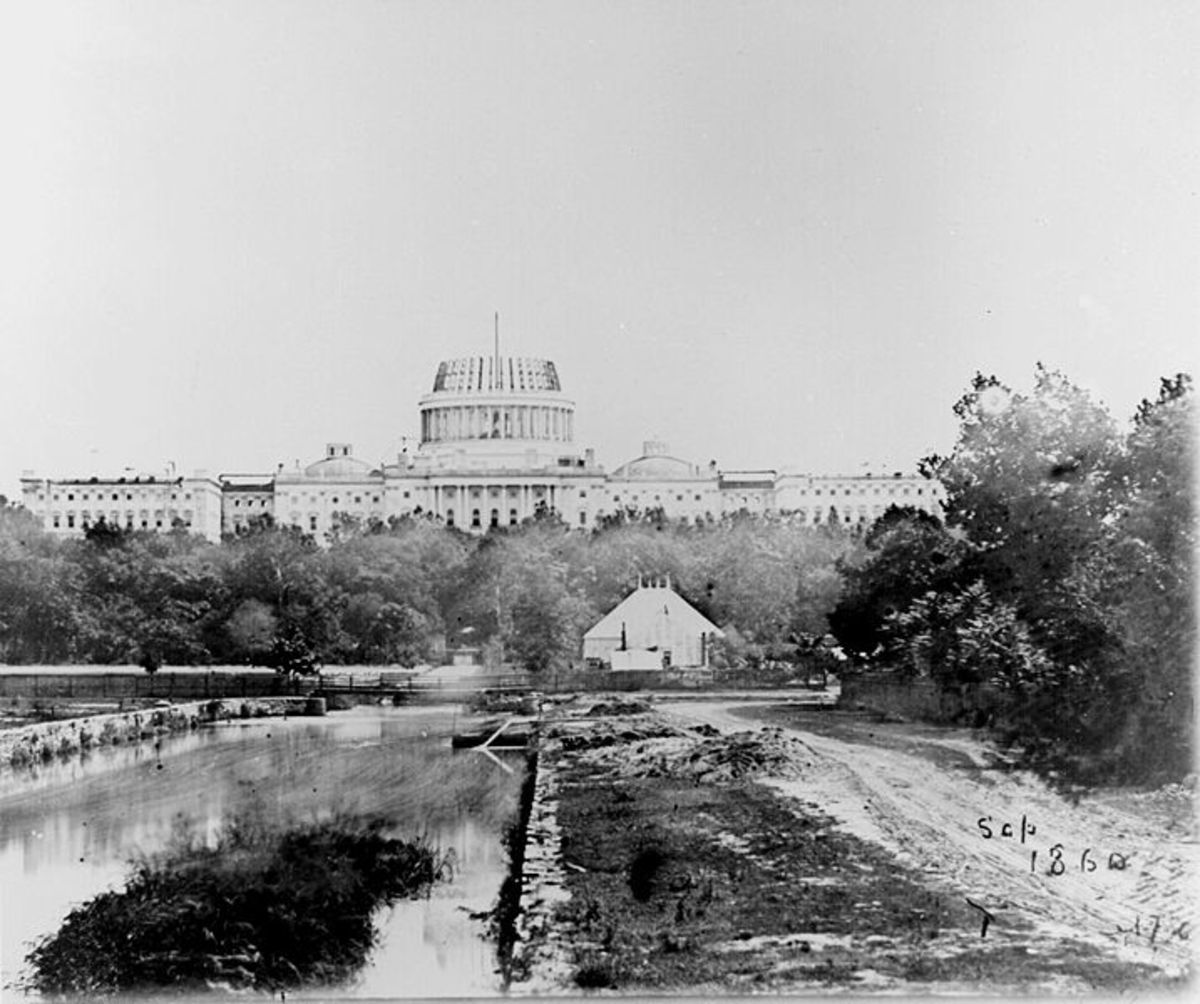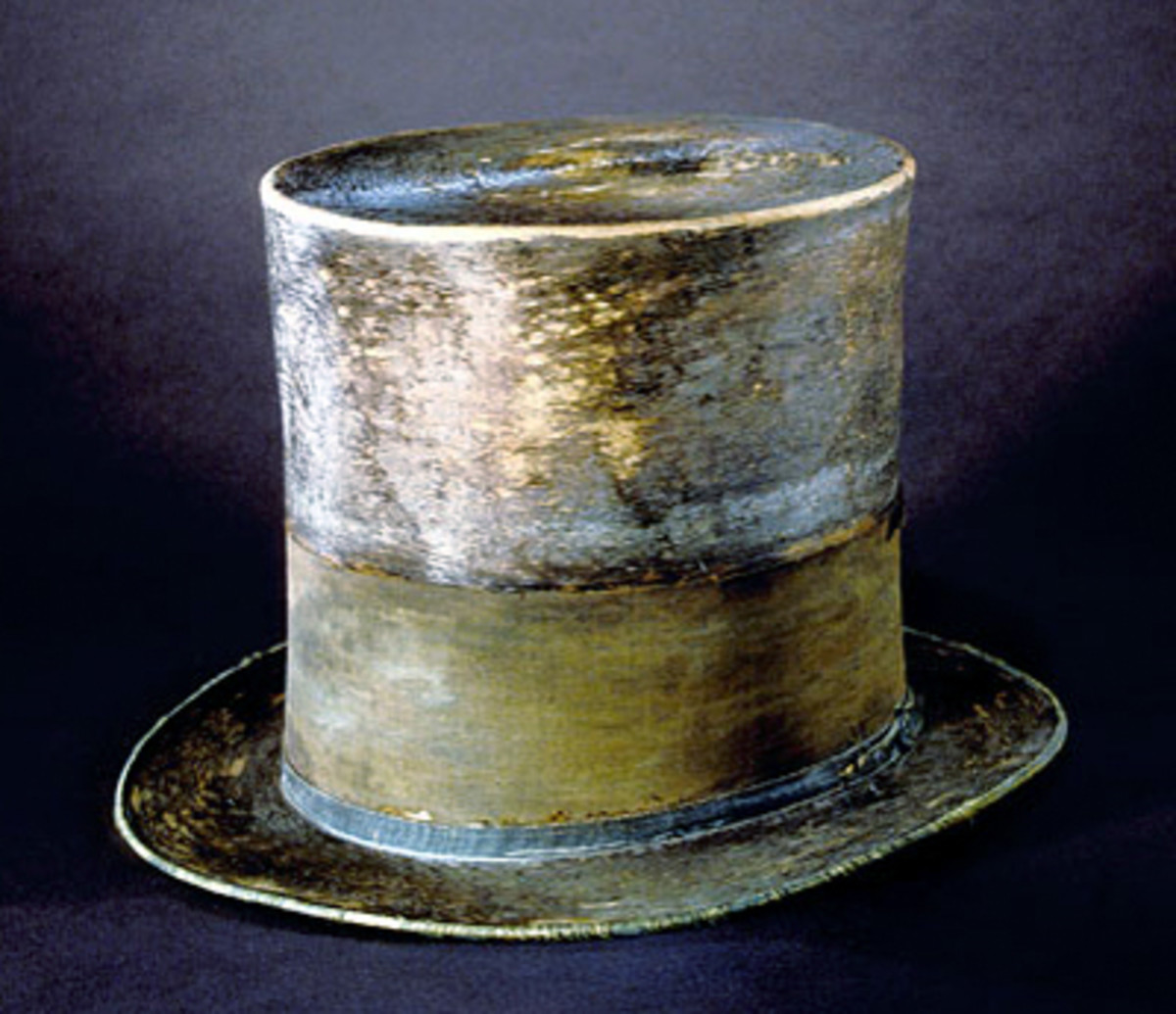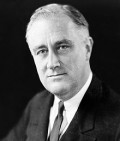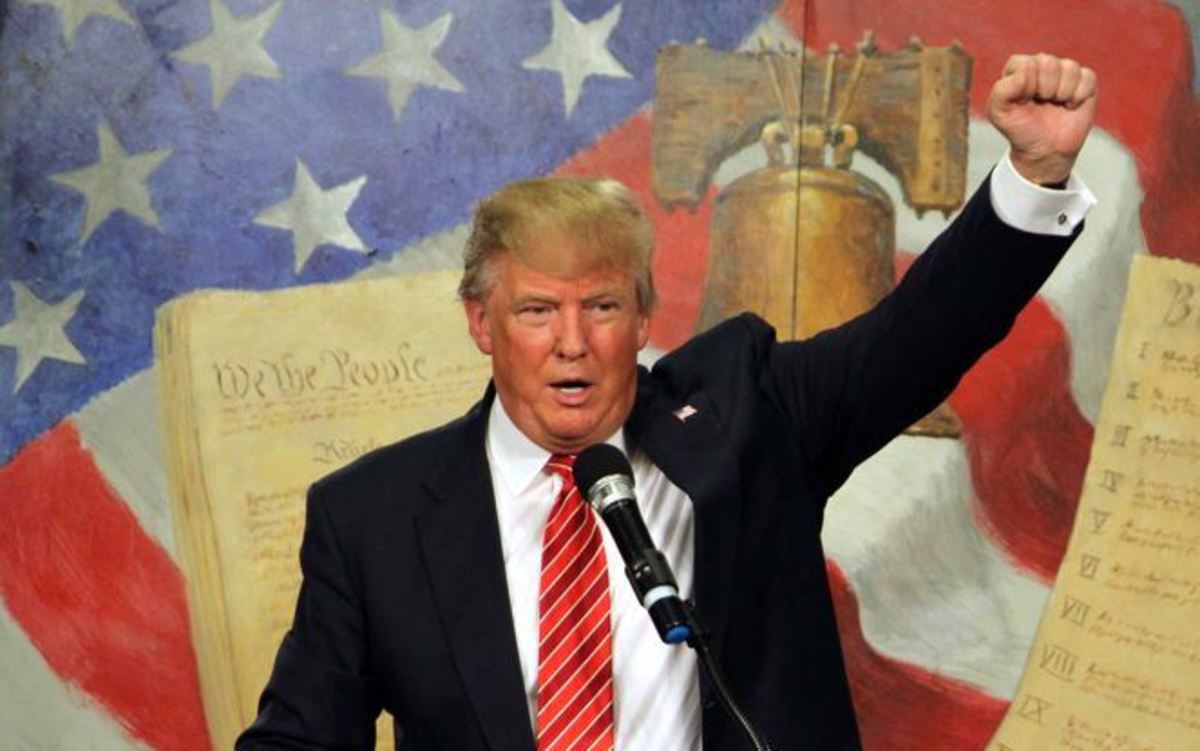The Better Angels of His Nature: Abraham Lincoln
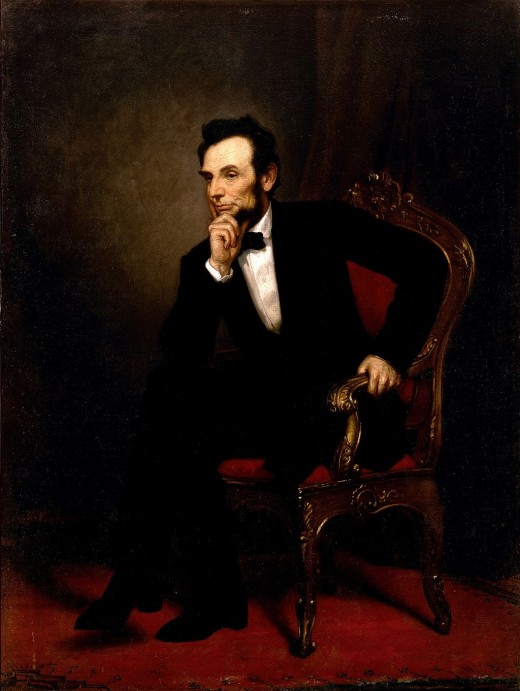

My own personal hero is Abraham Lincoln; not because he was a saint. He was not. He was as flawed as any other human being. He is my hero because he had what I like to call “personal courage.” By that, I mean, a willingness to put your integrity and reputation on the line. He stood by what he believed in and endured derision, disrespect and downright persecution for doing so. At the same time he was at all times open to having his own perceptions challenged, and when persuaded, he would revise them.
He had to feel like the loneliest man on the face of the Earth for most of his time as President of the United States. Even his Cabinet has been aptly described as a “Team of Rivals” who all thought they should have been elected President instead of Lincoln. Most of them were actively or passively attempting to subjugate Lincoln’s power. Still he eventually won both their respect and their affection. He had one agenda in mind at all times: to preserve the Union. The Civil War was a test of whether that Union “or any union so conceived and so dedicated” to liberty and democracy could “long endure.” If abolishing slavery would save the United States, he would abolish slavery. If allowing slavery would preserve the States, then he would allow slavery. That is the messy truth . . . at least at the beginning of his presidency.
He was raised with typically racist views, imparted to him by the culture of his times. He felt that blacks were inferior and that blacks and whites would both be better off apart. So, I will make it clear that I do not admire Abraham Lincoln because he harbored racist views. I admire him for revising his racist views. It is always heroic to admit you are wrong, especially when in the seat of power. There is much evidence that when Lincoln learned differently about the intrinsic intellectual equality of all races, he changed his beliefs. He was the first President to host black guests in the White House, Frederick Douglass among others.
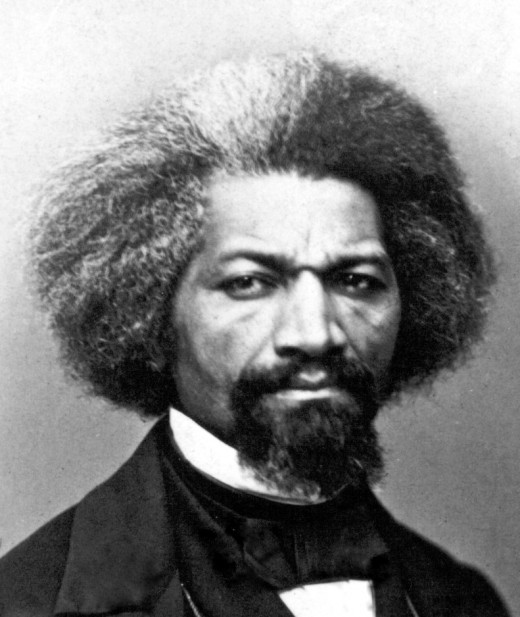
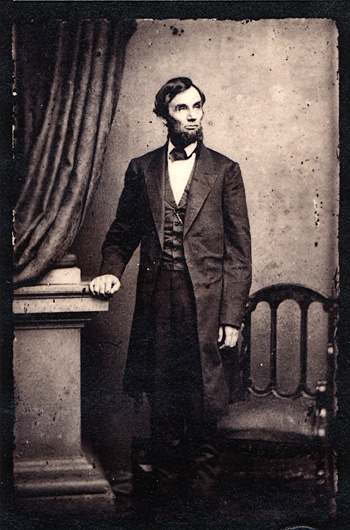
When as a young adult he was first exposed to slavery in practice, he identified with it through his own childhood of indentured servitude. Poverty made him more valuable to his family as a laborer, so he was kept out of school and made to work. For a young man with an innate organic need for knowledge, being deprived of a formal education was a bitter pill for him to swallow. But he pursued that education on his own so that deep into adulthood both his body and his intellect were equally exercised; both were strong and sinewy, never brittle.
The savior of his mind and hence his soul, was his stepmother, Sarah. His father was downright contemptuous of book learning. But his stepmother encouraged Abe’s intellectual aspirations and subtly defended the time he “wasted” – according to his father – reading books. She is certainly one of the unsung heroines of American history. Without her, Lincoln probably would have lived a quiet, more comfortable and longer life, married to a less difficult wife, and dedicated to raising a family because Lincoln held deep emotional attachments to people – his children especially. But America's geographical boundaries might be very different if he had. However, the political animal in him pushed him toward a marriage of upward mobility both socially and politically. His decision to marry Mary Todd was certainly more of a pragmatic political strategy than a love match. She was from an established Kentucky political family. But marry her he did and he remained loyal to her even through times when her behavior would become a political liability to him. Mary was a compulsive shopper and would probably be diagnosed with Obsessive-Compulsive Disorder in our times. Her behavior must have been very trying indeed, to her as well as to Lincoln. But they shared parenting philosophies that were very modern. In a time when if you spared the rod you spoiled the child, the Lincoln children were free to run roughshod throughout the White House, oftentimes interrupting Cabinet meetings.
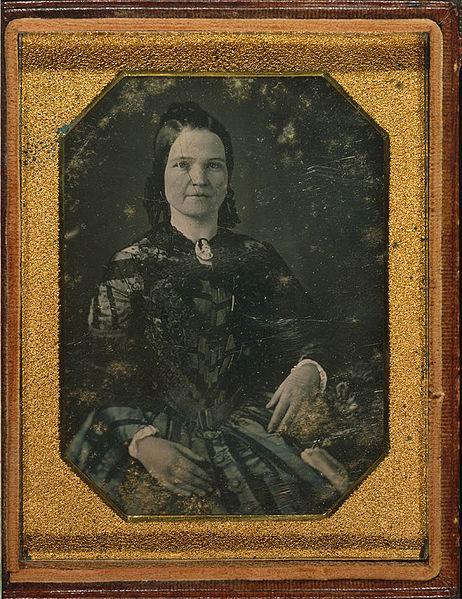
Lincoln always considered himself temperamentally different from most men. He seemed to experience emotional loss more deeply and would spend long, bed-ridden bouts of what would probably be diagnosed today as clinical depression. His life was fraught with loss, from losing his mother at the age of nine and sister when he was 21 years old, to the loss of what some historians consider the true love of his life, Ann Rutledge to typhoid at the age of 22. Then of course, most trying of all, he lost two of his four sons: Eddie at age four and twelve-year-old Willie during his presidency in February of 1862. (Tad would die at the age of eighteen and only Robert Lincoln would live to adulthood.) But Lincoln was ambitious. He had a driving need to leave a legacy. So he stayed the course until he won the highest elective office in the country at probably the most pivotal point in its history.
His conciliatory approach to the southern states was clear from his first inaugural address:
We are not enemies, but friends. We must not be enemies. Though passion may have strained it must not break our bonds of affection. The mystic chords of memory, stretching from every battlefield and patriot grave to every living heart and hearthstone all over this broad land, will yet swell the chorus of the Union, when again touched, as surely they will be, by the better angels of our nature.
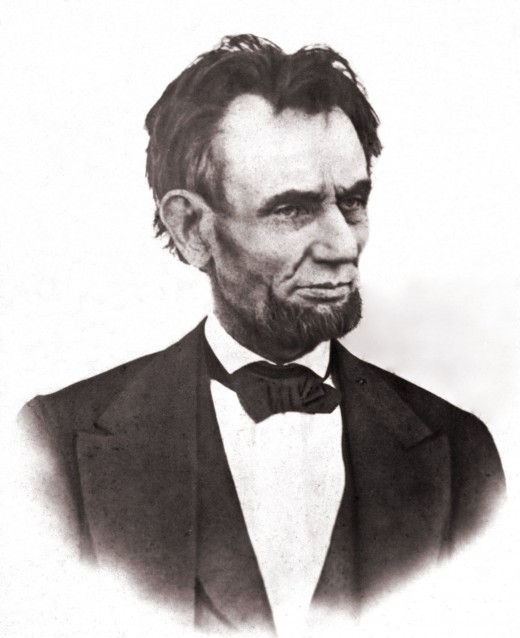
But many felt that Lincoln’s election as President was the final straw for the pro-slavery confederate states. Elected in November of 1860, inaugurated on March 4th, 1861, the Civil War started when the South fired on Fort Sumter on April 12th.
He renounced slavery privately as a moral abomination, but publically he was never so negative on the subject. His purpose as President of the United States was always about keeping the Union together. And he did, at the cost of over 600,000 American lives, including his own. Shortly after his second inaugural he began to speak about his own death. He said, "When this war is over, I end." Lee surrendered at Appomattox on April 8th, 1865 and Lincoln was shot at Ford’s Theater on April 14th. But the United States of America has remained united for almost 147 years since. It is an amazing accomplishment. He had been driven almost from the beginning of his life to live as long as it took for him to leave his mark on history. This goal, he surely achieved . . . with malice toward none; with charity for all; with firmness in the right, as God gives us to see the right, let us strive on to finish the work we are in; to bind up the nation’s wounds; to care for him who shall have borne the battle, and for his widow, and his orphan—to do all which may achieve and cherish a just, and a lasting peace, among ourselves, and with all nations.
